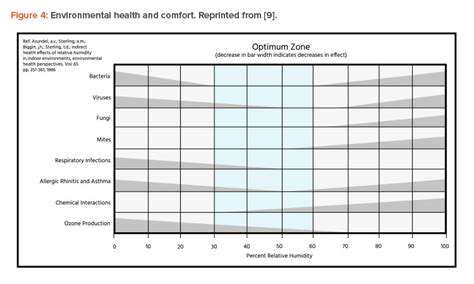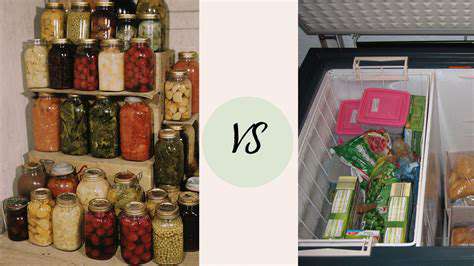Storing Herbs & Spices: Maximize Flavor & Potency
Jun 15, 2025 / btwgardenmachine/
Growing your own herbs offers multiple benefits—freshness, flavor, and environmental consciousness. Homegrown herbs reach your plate at peak freshness, elevating every meal. This direct-from-garden approach creates a more satisfying cooking journey.
Herb gardening connects you with nature while providing flavorful ingredients. It reduces reliance on commercial products, supporting eco-friendly living. Choosing climate-appropriate varieties ensures success, and the pride of harvesting your own herbs is priceless. This method delivers authentic, personalized culinary results.
Cultivating herbs deepens appreciation for both nature's gifts and cooking artistry.
Preserving Herbs for Extended Use
Proper preservation extends herb enjoyment beyond growing seasons. Techniques like drying, freezing, and pickling each offer unique advantages. These methods maintain vibrant flavors for year-round culinary creativity. Whether you're professional or amateur, preserving skills enhance your kitchen capabilities.
Quality preservation safeguards herb flavors. Attention to detail during processing preserves essential oils, ensuring outstanding results. Imagine summer basil brightening winter soups—proper techniques make this possible. These methods guarantee flavor when you need it most.
Choosing the Right Containers for Your Herbs and Spices
Proper Container Selection for Long-Term Storage
Container choice directly impacts herb and spice quality. Good storage prevents moisture damage, oxidation, and light exposure. Airtight containers are essential—they block humidity that causes spoilage. Glass or ceramic work best as they're non-reactive. While metal containers are durable, some spices may interact with them.
Match container size to your collection. Small collections need few containers; larger ones benefit from varied sizes. Position frequently used spices conveniently—this small adjustment streamlines cooking.
Protecting from Light and Air
Light and air degrade herb quality rapidly. Light bleaches flavors while air causes oxidation. Tight lids provide crucial protection against both threats.
Opaque containers offer superior light protection. Though clear jars allow easy identification, store them in dark spaces. Remember—more light equals faster flavor loss.
Material Matters: Choosing the Right Material for Your Needs
Container materials significantly affect storage quality. Glass and ceramic maintain purity—they don't alter flavors and clean easily.
Metal may react with certain spices, while some plastics can leach chemicals. Always verify material safety. The right choice preserves both flavor and quality.
Considering Size and Organization
Thoughtful container sizing optimizes space. Small spaces demand compact containers; larger collections need varied sizes. Logical organization saves time during cooking.
Clear labeling improves efficiency, especially with extensive collections. A well-organized system makes cooking smoother and more enjoyable.
Durability and Longevity
Sturdy containers withstand kitchen demands. Quality lids maintain freshness, while durable materials prevent breakage. Invest in containers that last—they'll save money over time.
Long-lasting storage solutions protect your investment. Avoid flimsy containers that require frequent replacement.

Extending the Shelf Life of Dried Herbs and Spices
Proper Storage Conditions
Storage environment determines herb longevity. Avoid heat, humidity, and light. Keep spices away from strong odors—flavors transfer easily. Cool, dark, dry spaces are ideal.
Airtight glass jars or specialty tins prevent moisture and light damage. Proper storage maintains potency and prevents flavor changes.
Choosing the Right Container
Container choice complements storage location. Glass jars allow content visibility but consider size—large containers waste space for small collections.
Metal tins offer excellent protection with organizational benefits. Choose containers that fit your kitchen's workflow and aesthetics.
Controlling Humidity and Light
Humidity causes clumping and mold. Store spices in dry areas away from moisture sources.
Light destroys essential oils. Keep containers sealed in dark spaces to preserve flavor integrity.
Proper Labeling and Organization
Clear labels prevent kitchen confusion. Organized storage saves time and reduces frustration. Consider drawer dividers for neat arrangements.
A well-ordered spice collection enhances cooking efficiency and visual appeal.
Vacuum Sealing and Freeze Drying
For maximum preservation, consider vacuum sealing or freeze-drying. These methods prevent oxidation and moisture damage, extending shelf life significantly.
While effective, these techniques require investment. Evaluate cost versus benefit for your needs.
Using Herbs and Spices Regularly
Regular use maintains spice quality. Incorporate them into cooking to prevent waste and ensure freshness.
Frequent usage builds ingredient familiarity, improving culinary skills over time. This practice keeps your spice collection vibrant and useful.
